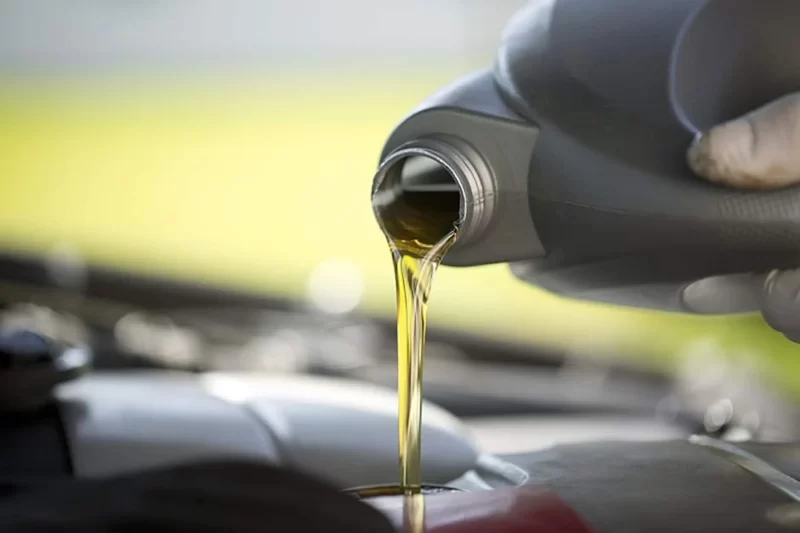Why Fuel Additives are the Secret to Better Engine Efficiency
In today’s pursuit of improved engine performance, fuel additives have emerged as a powerful tool to enhance efficiency, power output, and engine longevity. With fluctuating fuel prices and growing environmental concerns, achieving optimal fuel economy and reducing emissions are more important than ever. Engine enthusiasts and everyday drivers alike are turning to fuel additives for their remarkable benefits in boosting fuel quality and overall performance. Here, we explore why fuel additives are key to achieving better engine efficiency and how they work behind the scenes to keep engines running smoothly.
Understanding Fuel Additives and Their Role
Fuel additives are chemical compounds formulated to improve the performance and quality of fuels used in internal combustion engines. These additives are designed to mix with gasoline or diesel, enhancing various properties that lead to more efficient combustion, cleaner exhaust emissions, and even increased horsepower. Though they come in different types, fuel additives generally focus on optimizing specific aspects of fuel combustion and engine function.
Many modern fuels contain some level of additives, but these are often minimal and aimed at meeting basic standards. High-quality fuel additives, on the other hand, go a step further by targeting particular challenges, such as fuel stability, ignition quality, and deposit control, which all impact engine performance and efficiency.
Benefits of Using Fuel Additives for Engine Efficiency
- Improved Combustion and Fuel Economy
One of the primary reasons drivers turn to fuel additives is for enhanced combustion, which directly translates to better fuel economy. Additives help improve the burn rate of fuel, allowing the engine to extract more energy from each gallon. This leads to a reduction in fuel consumption, which can be especially beneficial for long-distance drivers or those looking to maximize every mile. - Engine Cleaning and Reduced Deposits
Over time, deposits can accumulate in fuel injectors, intake valves, and combustion chambers, reducing engine efficiency and increasing emissions. Fuel additives with cleaning agents, such as detergents, work to break down and prevent carbon buildup. This allows the engine to run more smoothly, with fewer clogs and misfires, enhancing both short-term and long-term efficiency. - Enhanced Octane Levels
For high-performance engines, octane levels are critical. High-quality additives can increase the octane level in gasoline, preventing engine knocking and pre-ignition issues that can harm engine components and reduce efficiency. By ensuring a stable combustion process, octane-boosting additives help drivers get the most out of their engines without the risk of damaging internal parts. - Protective Lubrication
Some fuel additives include lubrication agents that reduce friction within the engine. This not only helps protect engine components from excessive wear but also improves mechanical efficiency. Better lubrication leads to smoother engine operation, reduced heat, and lower fuel consumption, making it an essential feature for vehicles that undergo heavy use.
How to Use Fuel Additives
The application of fuel additives is generally straightforward and can be done during a routine fill-up. Most additives are simply poured into the fuel tank, where they mix and work their magic as you drive. For instance, products like BOOSTane are designed to raise octane levels and enhance performance; their website provides detailed instructions on how to add their product to your fuel for optimal results.
Conclusion
Fuel additives are a simple yet effective solution for achieving better engine efficiency. From cleaner combustion and reduced fuel consumption to increased power output and extended engine life, the benefits are substantial. While they may seem like a minor addition, fuel additives have the potential to significantly enhance your vehicle’s performance, making them a valuable investment for anyone looking to get the most out of their engine.
